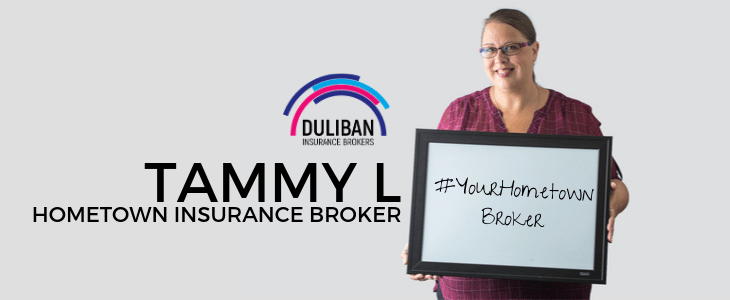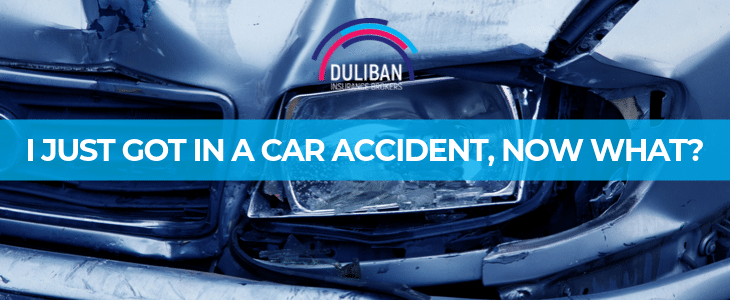You’ve just had a car accident, and you don’t know what to do next. Every collision, regardless of the severity, is a stressful situation. If you’ve never been in a crash, you’re probably not prepared to handle the circumstances in a calm and collected manner. Following is a step-by-step guide on what to do in a car accident that can help you stay calm.
Car Accident Step 1: Check for Injuries
The first thing to do is stop and check for injuries to yourself or the other driver. If everyone involved is uninjured, you can proceed to the next step. In the event of an injury, take the following steps:
- Immediately contact an ambulance and emergency services. Something that appears to be a minor bump, scrape or bruise could be a severe injury. Your body will experience an adrenaline rush after the accident. As a result, you’re unlikely to feel the full extent of any injuries.
- Share the extent of the injuries with 911. Explain in as much detail as possible. This way, emergency services can determine what type of help you require.
After the ambulance and police arrive, they’ll instruct you how to proceed according to the severity of the situation. Don’t try to perform first aid yourself or move any injured parties. Follow the instructions of the emergency operator and wait for the ambulance to arrive.
Car Accident Step 2: Exchange Information
If the extent of the damage appears to be $2,000 or more, you should call the police to file an accident report on-site. However, if there is less than $2,000 of damage, you can call or attend a Collision Reporting Centre within 24 hours of the accident. At these police facilities, you can fill out a full accident report and take photos of any damage.
Next, you should exchange relevant information with the other driver that includes the following:
- Name and address
- Insurance information
- Driver’s license number
- Vehicle information and license plate number
You should also ask the police officer or other third parties for pertinent details.
- Police report number
- Officer name and badge number
If you’re not sure whether to report the accident or not, your best option is to go ahead and file a report. Many drivers tend to underestimate the cost of damages.
Car Accident Step 3: Document the Damage
After exchanging and collecting information, you should document all damages. Take photos of the scene, license plates, injuries, property damage, and any other details relevant to the accident. These details will be essential when you file your insurance claim.
You should also write down any road conditions or other factors surrounding the accident. Write down the place and time of the accident, the weather conditions, and any other details that can help explain the circumstances to your insurance company.
Car Accident Step 4: Contact Your Insurance Broker
Finally, contact your insurance broker to discuss the details of the accident. Your broker will help you determine if the incident needs to go through your insurance, or if an alternative is available. Your insurance broker will work with you to find a solution in your best interest before filing the claim with your insurance company.
However, you must report a motor vehicle accident to your insurance company within seven days, or as soon as reasonably possible. Even if the other driver was at fault, you still have to report the incident to your insurance company. If you fail to report your claim on time, the insurer might not honor it.
What NOT to Do
You must stay calm after an accident and avoid making rash decisions that could have negative consequences. A panicked reaction could result in costly fines, a suspended license, or jail time. There are a few things you should never do after a motor vehicle collision.
Don’t Leave the Scene of the Accident
If you’re in an accident, you have to stay at the scene. Otherwise, you could face criminal prosecution. You can be charged with Failure to Remain at the Scene of an Accident, which is a criminal offense.
Similarly, you could be charged with Leaving the Scene of an Accident if you fail to report it within 24 hours. The fines for this charge can be up to $2,000, and your license could be suspended for two years. Only leave the scene after you’ve collected all necessary documentation and spoken to all parties involved, as well as the police department.
Never Admit Fault at the Scene
You should never admit to fault at the scene of the accident. Allow the insurance companies to determine the fault. If you take the blame immediately, the claim will negatively affect your insurance rate. Even if you think you are at fault, there are many factors in an automobile collision that may not be readily apparent.
The insurance company will use the description and documentation of the accident, along with the fault determination rules. Then, the insurer will base fault on a percentage from 0-100%.
After Your Claim is Filed
After contacting your insurance broker and filing a claim, your broker will work with you to ensure the claims process runs smoothly and advise you on what to do in a car accident.
To learn more about what to do in a car accident, contact the experts at Duliban Insurance at 1-855-385-4226. Our licensed professionals will be happy to answer any questions you have.













